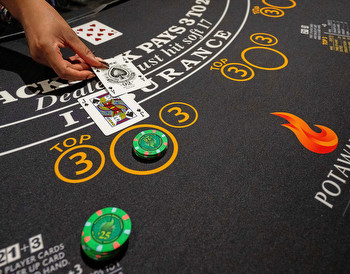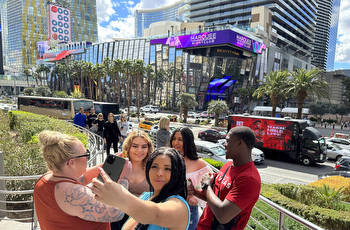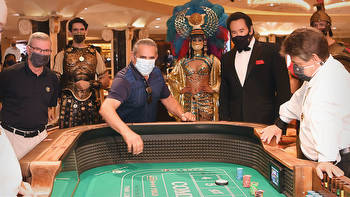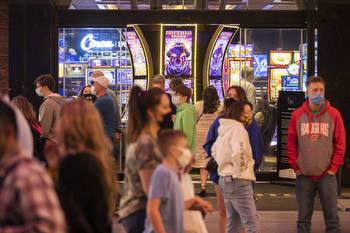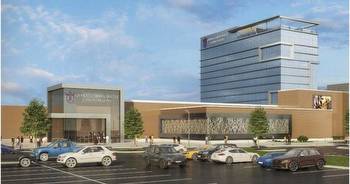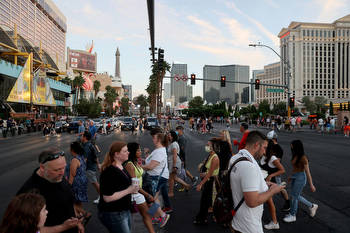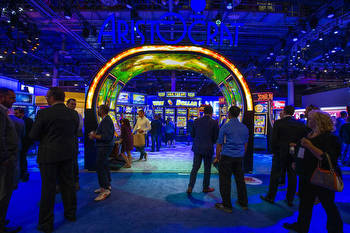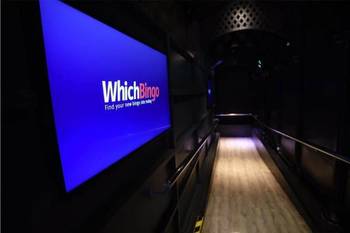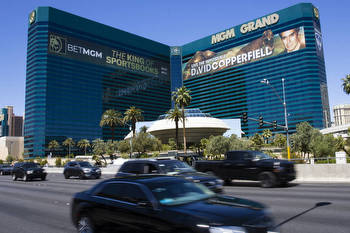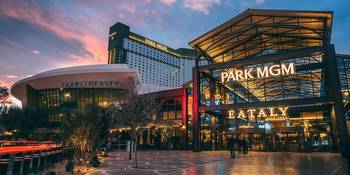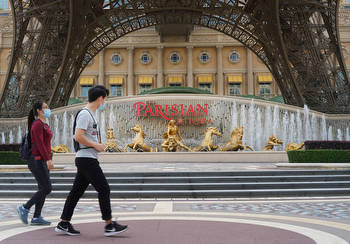Las Vegas casinos could see younger gamblers spark post-pandemic return
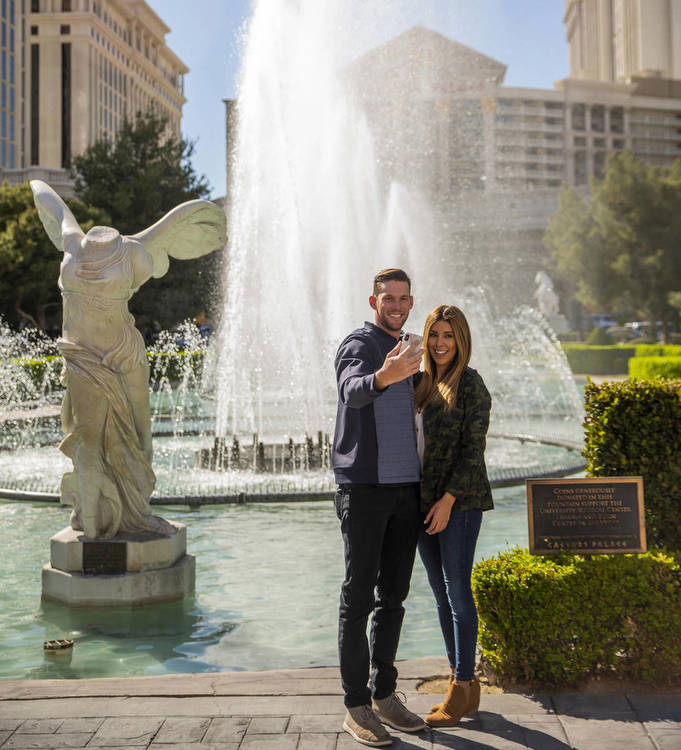
Younger gamblers aren’t known to be heavy spenders, but they could be the driving force behind the gaming industry’s recovery.
A May report from Las Vegas-based skill game maker Synergy Blue found 62 percent of U.S. gamblers 29 and younger would return to casinos once stay-at-home orders are lifted, while only 40 percent of those over age 60 agreed.
Overall, 51 percent of those surveyed said they would gamble in casinos again once they reopen.
“It’s going to take time for some people (to return), but there’s a positive spin to this,” Synergy Blue CEO Georg Washington said. “Over half of the people surveyed are willing to come straight out there (to casinos). People will be back to some normalcy soon.”
Leading the way to recovery
Synergy Blue’s report surveyed 1,000 U.S. gamblers online in late April and found Gen Xers — those born between 1965 and 1980 — and younger gamblers showed the most confidence in returning.
“No one’s surprised about younger demographics being more risk-oriented,” Washington said. “People will have that demand for social interaction.”
This group would probably be the safest to return, health-wise. According to the Centers for Disease Control and Prevention, older adults are at higher risk for developing more serious complications from COVID-19.
Nehme Abouzeid, president and founder of consulting firm LaunchVegas LLC, said the survey’s findings reveal a paradox for casino operators.
“The younger demographic is the one most likely to return faster to land-based casinos because they feel healthy and strong, but the slot machine customer typically skews older,” he said. “It would be an inverse relationship.”
According to 2018 data from the Las Vegas Convention and Visitors Authority, 77 percent of those in the baby boomer generation — born between 1946 and 1964 — said they gambled during their Las Vegas trip, compared to 72 percent of millennials, those born between 1981 and 1996.
The LVCVA also found older gamblers tended to spend more money. About 32 percent of baby boomers had a gambling budget of $600 or more for their Las Vegas trip in 2018, while only 11 percent of millennials planned to spend that much.
But even young travelers who don’t visit the casinos can help Las Vegas’ recovery, according to Finley Cotrone, an assistant professor in residence at UNLV’s college of hospitality. She said younger visitors will probably be attracted to amenities such as restaurants or pools — both of which can have amended layouts to allow more social distancing.
Online gaming’s ‘test drive’
It has yet to be seen how the global pandemic will affect the gaming industry in the long term, but the survey found online gaming got a big boost amid nationwide casino shutdowns.
Roughly 64 percent of surveyed gamblers played mobile games or gambled online during the pandemic, with 1 in 5 trying it for the first time.
“It seems that online gaming is having its test-drive moment,” Abouzeid said. “With land-based casinos shuttered, virtually no sports to bet on, and media consumption up due to the lockdown, online casinos are enjoying a unique window of opportunity.”
It’s a habit that’s likely to stick. Ninety-three percent of those gamblers said they would continue with online or mobile gambling once stay-at-home orders are lifted.
“That bodes well for omni-channel operators who have both a land-based and online presence,” Abouzeid said.
Despite the pandemic potentially acting as a huge boon to this industry, Washington said it’s unlikely this growth will hurt traditional casinos.
“I think we’ll see more growth (in this space),” he said, “(but) I don’t think that should affect traditional brick-and-mortar casinos so much.”
While some U.S. casinos have started opening their doors to the public, it’s still unclear when Nevada casinos will reopen.
bschulz@reviewjournal.com or 702-383-0233. Follow @bailey_schulz on Twitter.








